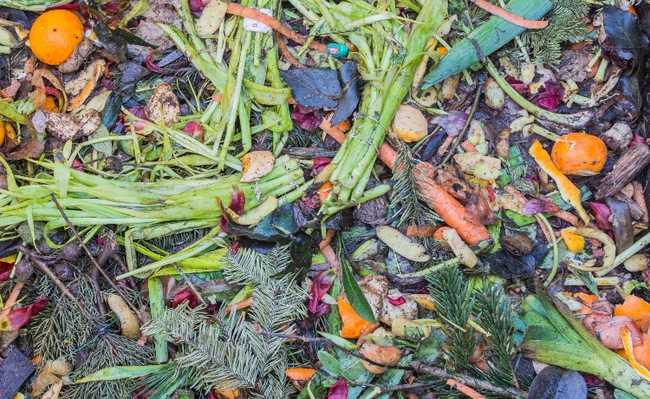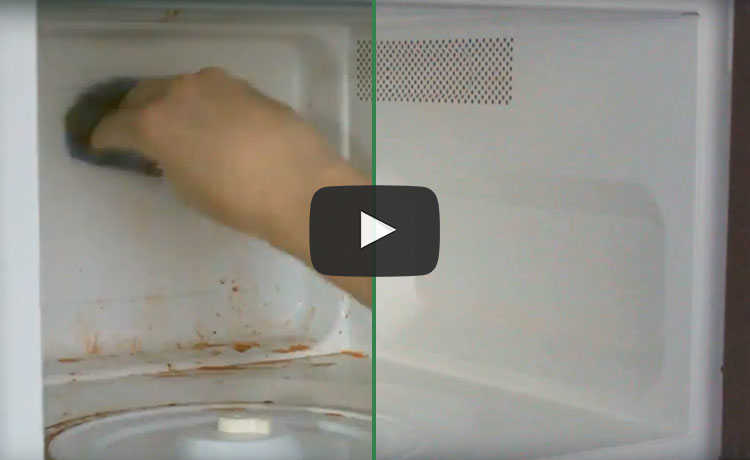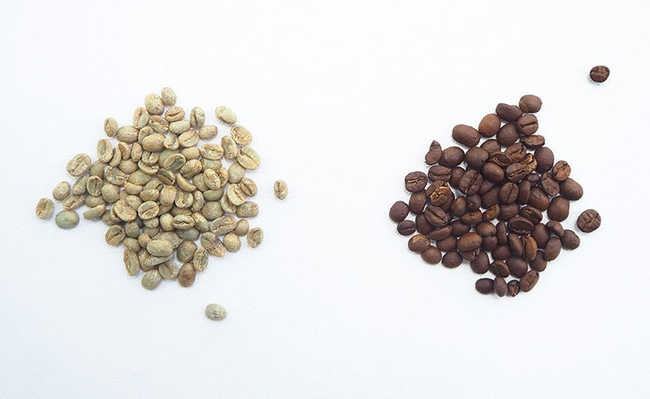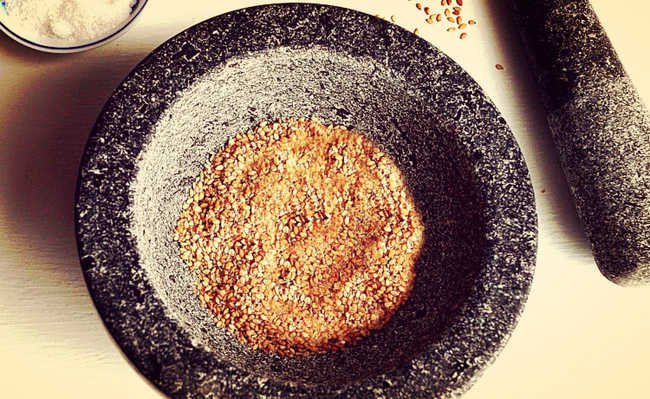What is liquid fertilizer?
Liquid fertilizer helps promote plant growth and favors the ecological balance of the soil

Image in PxHere - CC0
The term “liquid fertilizer” is very broad and can be used in many ways. Researchers and technicians defend the thesis that the concept is used to refer to conventional fertilizers, which have been dissolved in water. An example would be soluble salts, widely used in hydroponics and fertigation. Popularly, however, the term is related to organic compost slurry, which will be discussed in this article.
Although Normative Instruction (IN) No. 5, of February 23, 2007, contained in Brazilian legislation, establishes that liquid or fluid fertilizer is a "product whose physical nature is liquid, whether it is a solution or suspension", we will use the popular definition of concept.
What is liquid fertilizer?
Popularly, liquid fertilizer is defined as “liquid that contains organisms and nutrients (micro and macro) that improve the health of plants, making them more resistant to attack by pests and diseases”. This liquid is the result of the decomposition of pure organic matter, which occurs during biodegradation. Therefore, the term can be used to refer to organic compost slurry.
It is important to emphasize that, in composting, the slurry results from the decomposition of pure organic matter, which makes it suitable for use as a liquid fertilizer. On the other hand, in landfills and dumps, several types of disposal are decomposed together and release a contaminated slurry, whose disposal requires attention.
What is compost?
Composting is the biological process of valuing organic matter, whether urban, domestic, industrial, agricultural or forestry, and can be considered as a type of recycling of organic waste. It is a natural process in which microorganisms, such as fungi and bacteria, are responsible for the degradation of organic matter, transforming it into humus, a material that is very rich in nutrients and fertile.
According to data from the Institute for Applied Economic Research (Ipea), more than half of all the garbage we produce at home is organic. This means that most of the waste generated is made up of fruit and vegetable peels and other food waste, such as coffee grounds, tea sachets, banana peel, cooked rice, cassava peel, among others.
All of this residue, when discarded in landfills and dumps, together with incorrectly deposited toxic materials, ends up producing effluents that contaminate soils, groundwater and the atmosphere, worsening the quality of life. In addition to occupying a large amount of space, untreated waste ends up producing methane gas, which is about 25 times more harmful to the greenhouse effect than carbon dioxide. If all organic waste produced in Brazil were treated with compost, it would be possible to avoid numerous social and environmental impacts and still produce a large amount of liquid fertilizer.
How does a composter work?
Basically, the conventional domestic composter consists of three stacked boxes, a small amount of compost containing many microorganisms and some Californian earthworms. The two boxes on top of the compost bin serve as a deposit for household waste (which should be placed in small sizes) and it is in these boxes that the worms and microorganisms present in the soil layer will act to transform the waste into organic fertilizer, in a process that takes about two months.
The last box serves as a slurry collector, which can also be called liquid fertilizer or biofertilizer, in addition to serving as a natural pesticide. To remove it, just open the tap at the bottom of the last box. To use this liquid fertilizer as a soil fertilizer, you need to dissolve each part of the slurry in ten parts of water. For use as a natural pesticide, dissolve the liquid fertilizer in water in a proportion of half and half and spray it on the leaves of the vegetables in the late afternoon, so as not to cause sunburn on the plants.
Benefits of liquid fertilizer
The main benefits of using liquid fertilizer are:
- Allows the production of healthier foods, with less impact on the environment;
- It strengthens plants and ensures greater resistance to attack by pests and diseases;
- Improves the productivity of gardens and crops;
- It has a lower cost when compared to chemical fertilizers;
- It is rich in nitrogen and other nutrients (phosphorus, potassium and calcium) that are essential to the soil;
- Improves soil fertility by adding nutrients;
- Reuses raw material from the property;
- It can become an alternative source of income.
Waste management is one of the biggest problems faced by large urban centers. Therefore, it is important to reduce the amount of waste generated and purchasing a composter is a great option to transform your organic waste into liquid fertilizer.










